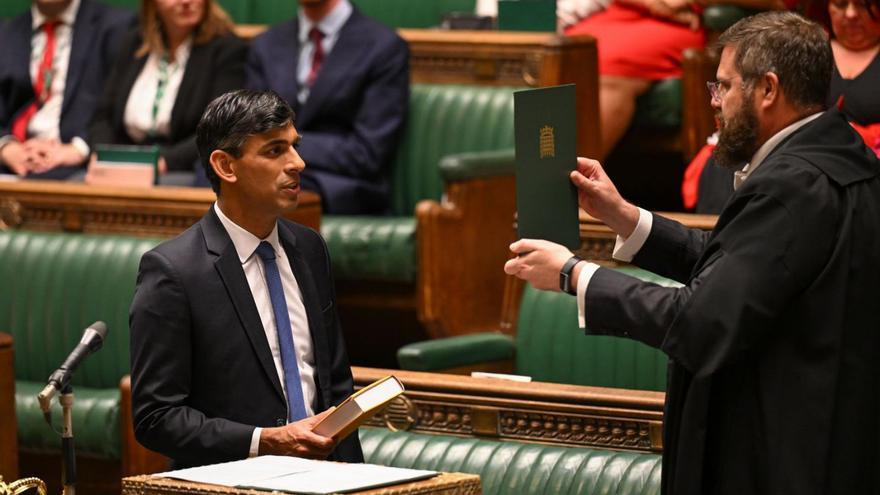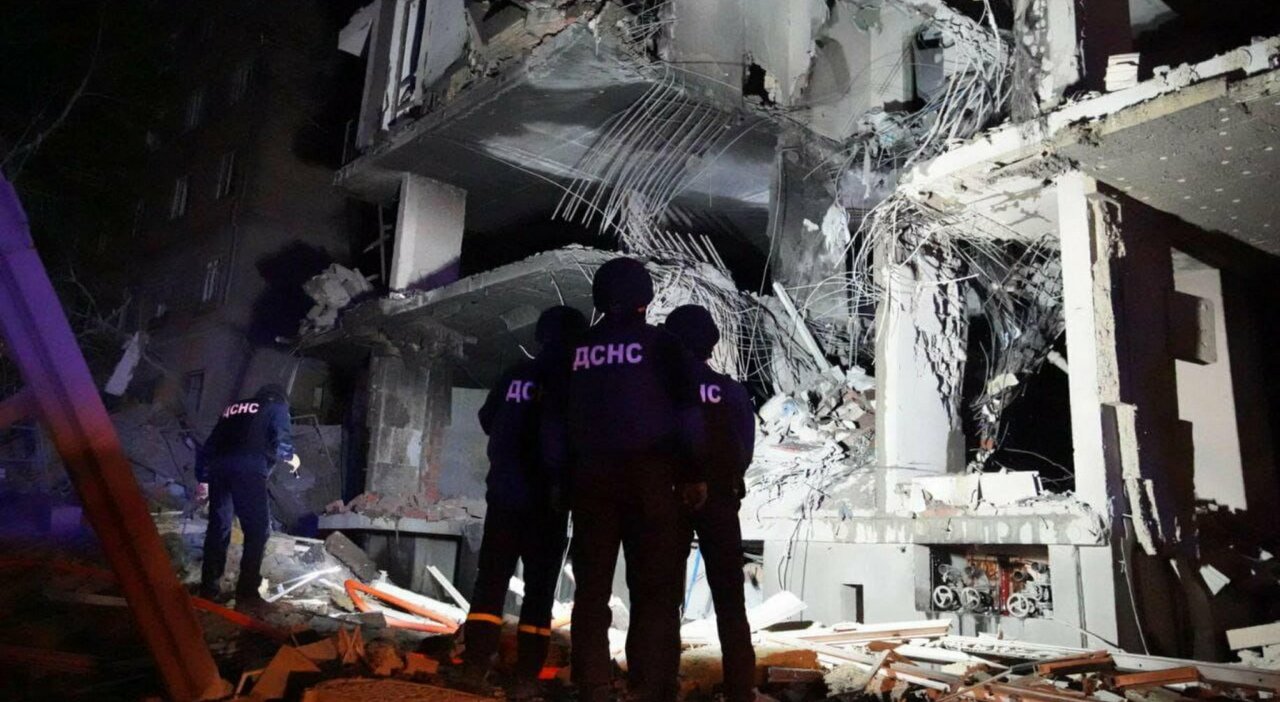The Conservative Party’s historic defeat in the UK general election has forced its leader, Rishi Sunak, to take responsibility and begin the process of electing his successor. Despite the consensus among the party’s leading figures that this process cannot be rushed, some of the most high-profile names in the mix have already begun to make their moves. Former home secretary Suella Braverman and former trade secretary Kemi Badenoch are starting as candidates in a race that is expected to last months and threaten to open new wounds.
Sunak has announced his intention to step down as party leader when the succession process begins, without setting a date, but has avoided making way for an interim leader for the time being and has retained his role as leader of the opposition. In his first speech to the House of Commons since the election, the Conservative leader again took responsibility for the defeat. “It is vital that the Conservative Party rebuilds itself after 14 years in government,” he said at the opening session on Tuesday. “We will now take on the crucial role of acting as the official opposition, which we will do professionally, effectively and humbly.” It is still unclear who will lead the opposition.
The big concern within the party is that the internal battles will further tarnish the image it has already worn after more than a decade in government. Sunak’s decision to retain the Conservative leadership for now reflects his willingness to play by the clock and his determination to calm things down. For now, the focus is on assessing the mistakes of the campaign and taking responsibility — according to Politico, Sunak has called on the 175 MPs who lost their seats one by one to apologise — but both Braverman and Badenoch have already signalled their intentions. It offered a preview of what could happen in the coming months.
Tensions between the potential candidates have been running high after The Times leaked the contents of a meeting of senior Conservative Party officials in which Badenoch criticised Sunak and highlighted some of her key mistakes during the election campaign, including a hasty departure from a D-Day commemoration in France or the election-date betting scandal involving people close to the former prime minister. In the same meeting, the former trade minister attributed Braverman’s inflammatory comments in the days before and after the election to a “nervous crisis”.
Badenoch regretted that the content of the meeting had been leaked to the press, and called on his party members to be honest. “In government, we shake ourselves up too much in the room and argue too much outside,” he said on social media on Wednesday. “This culture must change. We must be honest with each other in private and united in the direction we take next.” A message to which Braverman did not take long to respond: “I would like to know if Kemi thinks I am having a nervous breakdown in public. Kemi and the rest of the government have led the party into disaster. Refusal to take responsibility is the root of our problem.”
Other potential candidates
The first public correspondence between the potential candidates is a sign of the self-destructive drift the Conservatives are heading towards. It is something others in the more visible formation are trying to avoid, including former home secretary James Cleverly, who has warned of the dangers of infighting and whistleblowing. Cleverly, who is associated with the moderate wing of the party, is another potential candidate to succeed Sunak, along with former security secretary Tom Tugendhat and former immigration secretary Robert Jenrick. According to a YouGov poll of party members this week, Badenoch starts as favourite with 31% support, compared with 16% for Braverman.
But beyond the names, the big question is which part of the party will take the leadership. Braverman, who is associated with the hardline wing, is betting on an anti-immigration rhetoric to help stem the rise of the populist right-wing Reform Party, while Badenoch maintains a more moderate image than her main rival. Party members concede that won’t happen until at least the next national conference, in late September, when Sunak’s successor will be decided, but the leading candidates are already sharpening their knives in preparation for what is expected to be a long and arduous battle.

“Freelance social media evangelist. Organizer. Certified student. Music maven.”



